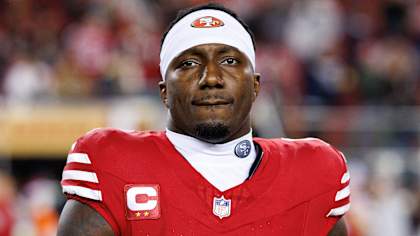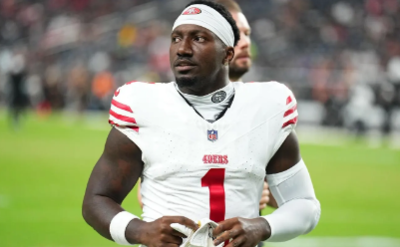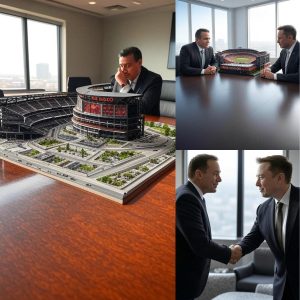Deebo Samuel has asked for a trade, and the San Francisco 49ers are open to exploring that option. However, it’s challenging to see how this would be a sensible move for the Green Bay Packers. Samuel doesn’t quite fit the profile of what the Packers are looking for, and while he’s proven to be a fantastic role player over the past few years, he hasn’t established himself as a true WR1.

In 2024, he had a major opportunity to become Brock Purdy’s go-to target after Brandon Aiyuk suffered a knee injury. Yet, he ended up third in receiving yards behind tight end George Kittle and wide receiver Jauan Jennings. Although Deebo is a valuable offensive asset with his dual threat as a receiver and a runner, he functions better as a supporting player rather than someone Matt LaFleur can build an offense around. Given Deebo’s age and contract, it only makes sense for the Packers if he were the primary piece.
“From my viewpoint, at this stage in his career, I don’t see Samuel as a WR1,” says Nicholas McGee, who reports on the San Francisco 49ers for A to Z Sports. “He faced significant criticism after last season’s Super Bowl for his inability to separate, and he did little in 2024 to dispel those concerns. Samuel lacks the route-running expertise to consistently beat coverage.
With his skills as both a receiver and runner seemingly waning, it’s hard to envision him regaining his 2021 form when he could last be considered a WR1. As he enters his seventh season, he’s more of a complementary piece who needs to be schemed into open space. Teams interested in acquiring him must also consider his injury history.”

In 2024, the Packers’ receiving corps struggled to create separation—a key area where Samuel would add little value. Samuel’s standout performance came in 2021, with 1,405 receiving yards, 365 rushing yards, and 14 total touchdowns. However, each passing year makes that season look more like an anomaly. Last season, Samuel managed 670 receiving yards and 136 rushing yards, both lower than Jayden Reed’s 857 receiving and 163 rushing yards. Why would the Packers opt for an older and pricier version of what they already possess?
“When you trade a high draft pick for a veteran, you’re exchanging a young player with a favorable contract for someone proven but likely costly, so you’re sacrificing a pick and cap space,” Packers general manager Brian Gutekunst said post-season. “You have to weigh that. If he’s the right player who can be a dynamic force and transform your team, you have to consider it, as few of those players exist. But you also need to understand what you’re giving up.”





